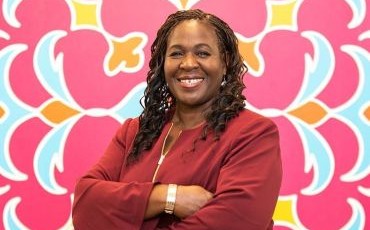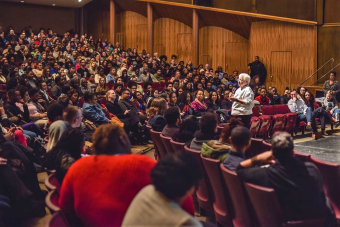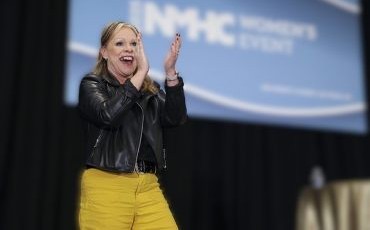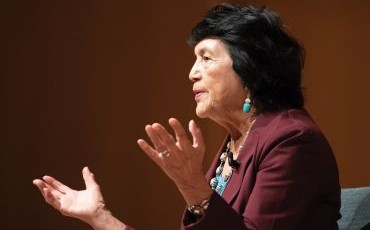Anti-Racist Essayist, Author & Educator; Expert on White Privilege & Advocate for Belonging
Tim Wise Biography
Tim Wise is a leading anti-racist writer and educator in the United States, with over 25 years of experience speaking at various venues, including college and high school campuses, conferences, and community groups nationwide. He has provided anti-racism training to professionals in corporate, government, entertainment, media, law enforcement, military, and medical industries, both in the United States and internationally.
As the author of nine books, including "Dispatches from the Race War," Wise explores topics such as racial inequity, privilege, and the impact of racism on society. He has been recognized as one of "25 Visionaries Who are Changing Your World" by Utne Reader and has contributed to numerous books and journals. Wise's work is widely taught in colleges and universities across the nation.
Wise's involvement in social justice extends to his advisory role at the Fisk University Race Relations Institute and his past work with the Louisiana Coalition Against Racism and Nazism. He has also been featured in documentaries, including "White Like Me" and "The Great White Hoax," and has participated in public dialogues on issues of race, class, gender, and militarism.
Regularly appearing on CNN and MSNBC, Wise is a sought-after commentator on race-related issues. He graduated from Tulane University in 1990 and received antiracism training from the People’s Institute for Survival and Beyond. Wise also hosts the podcast "Speak Out with Tim Wise."
Contact a speaker booking agent to check availability on Tim Wise and other top speakers and celebrities.
Tim Wise Speaking Topics
-
An Evening with Tim Wise: A Moderated Conversation on Power, Culture, and the Path Forward
Audiences bring Tim Wise to break it down—and this format offers the best of what he brings. In this engaging and wide-ranging conversation, Wise reflects on the political and cultural shifts defining our moment, from race and democracy to narrative warfare and institutional change. Through historical insight, sharp critique, and memorable storytelling, he offers a grounded lens on how we got here and how we move forward.
-
Leading with Clarity: What It Takes to Move People and Institutions in Uncertain Times
Tim Wise explores what authentic leadership looks like in moments of conflict, fear, and political retreat. Through story and strategy, he offers tools for building trust, navigating backlash, and staying grounded in shared values while advancing institutional change.
Tim Wise Videos

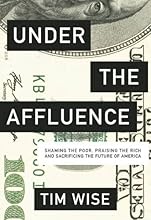

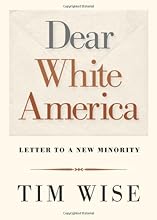
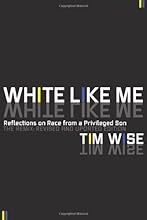
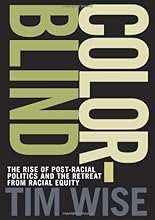
-
How do I book Tim Wise to speak at my event?
Our experienced booking agents have successfully helped clients around the world secure speakers like Tim Wise for speaking engagements, personal appearances, product endorsements, or corporate entertainment since 2002. Click the Check Availability button above and complete the form on this page to check availability for Tim Wise, or call our office at 1.800.698.2536 to discuss your upcoming event. One of our experienced agents will be happy to help you get speaking fee information and check availability for Tim Wise or any other speaker of your choice. -
What are the speaker fees for Tim Wise
Speaking fees for Tim Wise, or any other speakers and celebrities, are determined based on a number of factors and may change without notice. The estimated fees to book Tim Wise are $10,000 - $20,000 for live events and $10,000 - $20,000 for virtual events. For the most current speaking fee to hire Tim Wise, click the Check Availability button above and complete the form on this page, or call our office at 1.800.698.2536 to speak directly with an experienced booking agent. -
What topics does Tim Wise speak about?
Tim Wise is a keynote speaker and industry expert whose speaking topics include Anti-Racism, Author, Belonging, Bestselling Authors, Civil Rights, College, Commencement, Corporate Culture, Culture, DEI, Disruptive Thinking, Diversity & Inclusion, Education, Future of Work, Futurism, Human Resources, Social Activism, Social Justice, Thought Leadership, Workshop -
Where does Tim Wise travel from?
Tim Wise generally travels from Nashville, TN, USA, but can be booked for private corporate events, personal appearances, keynote speeches, or other performances. For more details, please contact an AAE Booking agent. -
Who is Tim Wise’s agent?
AAE Speakers Bureau has successfully booked keynote speakers like Tim Wise for clients worldwide since 2002. As a full-service speaker booking agency, we have access to virtually any speaker or celebrity in the world. Our agents are happy and able to submit an offer to the speaker or celebrity of your choice, letting you benefit from our reputation and long-standing relationships in the industry. Please click the Check Availability button above and complete the form on this page including the details of your event, or call our office at 1.800.698.2536, and one of our agents will assist you to book Tim Wise for your next private or corporate function. -
What is a full-service speaker booking agency?
AAE Speakers Bureau is a full-service speaker booking agency, meaning we can completely manage the speaker’s or celebrity’s engagement with your organization from the time of booking your speaker through the event’s completion. We provide all of the services you need to host Tim Wise or any other speaker of your choice, including offer negotiation, contractual assistance, accounting and billing, and event speaker travel and logistics services. When you book a speaker with us, we manage the process of hosting a speaker for you as an extension of your team. Our goal is to give our clients peace of mind and a best-in-class service experience when booking a speaker with us. -
Why is AAE Speakers Bureau different from other booking agencies?
If you’re looking for the best, unbiased speaker recommendations, paired with a top-notch customer service experience, you’re in the right place. At AAE Speakers Bureau, we exclusively represent the interests of our clients - professional organizations, companies, universities, and associations. We intentionally do not represent the speakers we feature or book. That is so we can present our clients with the broadest and best performing set of speaker options in the market today, and we can make these recommendations without any obligation to promote a specific speaker over another. This is why when our agents suggest a speaker for your event, you can be assured that they are of the highest quality with a history of proven success with our other clients.
Tim Wise is a keynote speaker and industry expert who speaks on a wide range of topics such as An Evening with Tim Wise: A Moderated Conversation on Power, Culture, and the Path Forward, Leading with Clarity: What It Takes to Move People and Institutions in Uncertain Times, The Backlash Moment: Why Democracy Feels Fragile and What We Can Do About It, Culture Wars and Critical Thinking: Understanding the Narrative Battles of Our Time, Free Speech and Accountability: Moving Beyond Cancel Culture and Culture Wars and Beyond Diversity: What It Takes to Shift Institutions. The estimated speaking fee range to book Tim Wise for your event is $10,000 - $20,000. Tim Wise generally travels from Nashville, TN, USA and can be booked for (private) corporate events, personal appearances, keynote speeches, or other performances. Similar motivational celebrity speakers are Jane Elliott, Keith L. Brown, Ijeoma Oluo, Dorothy Roberts and Dr. Cornel West. Contact All American Speakers for ratings, reviews, videos and information on scheduling Tim Wise for an upcoming live or virtual event.
This website is a resource for event professionals and strives to provide the most comprehensive catalog of thought leaders and industry experts to consider for speaking engagements. A listing or profile on this website does not imply an agency affiliation or endorsement by the talent.
All American Entertainment (AAE) exclusively represents the interests of talent buyers, and does not claim to be the agency or management for any speaker or artist on this site. AAE is a talent booking agency for paid events only. We do not handle requests for donation of time or media requests for interviews, and cannot provide celebrity contact information.
If you are the talent and wish to request a profile update or removal from our online directory, please submit a profile request form.




